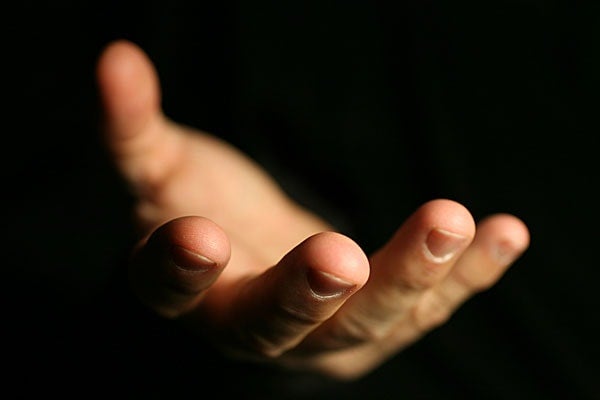
Preparing to perform Canada's first hand transplant
Published: May 28, 2014
The surgery is complex and the outcome is uncertain, but for the recipient of a hand transplant, the result can be a renewed sense of wholeness.
Dr. Steven McCabe, director of the University of Toronto hand and upper extremity program and a surgeon at Toronto Western Hospital, is leading a team that is ready to perform Canada’s first hand transplant. McCabe was part of the surgical team that performed the first US hand transplant in 1999.
 “It’s very exciting because it offers something for patients that really have no other choices,” Associate Professor McCabe told CBC News.
“It’s very exciting because it offers something for patients that really have no other choices,” Associate Professor McCabe told CBC News.
“It recreates a sense of wholeness for the person," said McCabe (pictured right). If we can get a good functional result in transplantation it probably will be better than any available prosthetic.”
The surgery begins with attaching the bones of the donor hand to the patient using steel plates. Surgeons restore circulation by connecting the radial and ulnar arteries, followed by tendons and nerves to restore function and feeling.
If the surgery is successful, the patient can anticipate extensive physiotherapy as well as a lifetime of anti-rejection drugs, which suppress the immune system, increasing the risk of infection or disease. However, the benefits to the patient are immeasurable.
Matthew Scott, who was the patient in 1999 who received the first successful US hand transplant with McCabe’s assistance, said the transplant meant more than just a new hand.
“It was life saving for me. There were pieces of me that were missing. This transplant gave them back to me,” Scott recently told the Toronto Star.
McCabe and his team are working to identify the best candidate for the procedure, which could be performed within the next six months.



